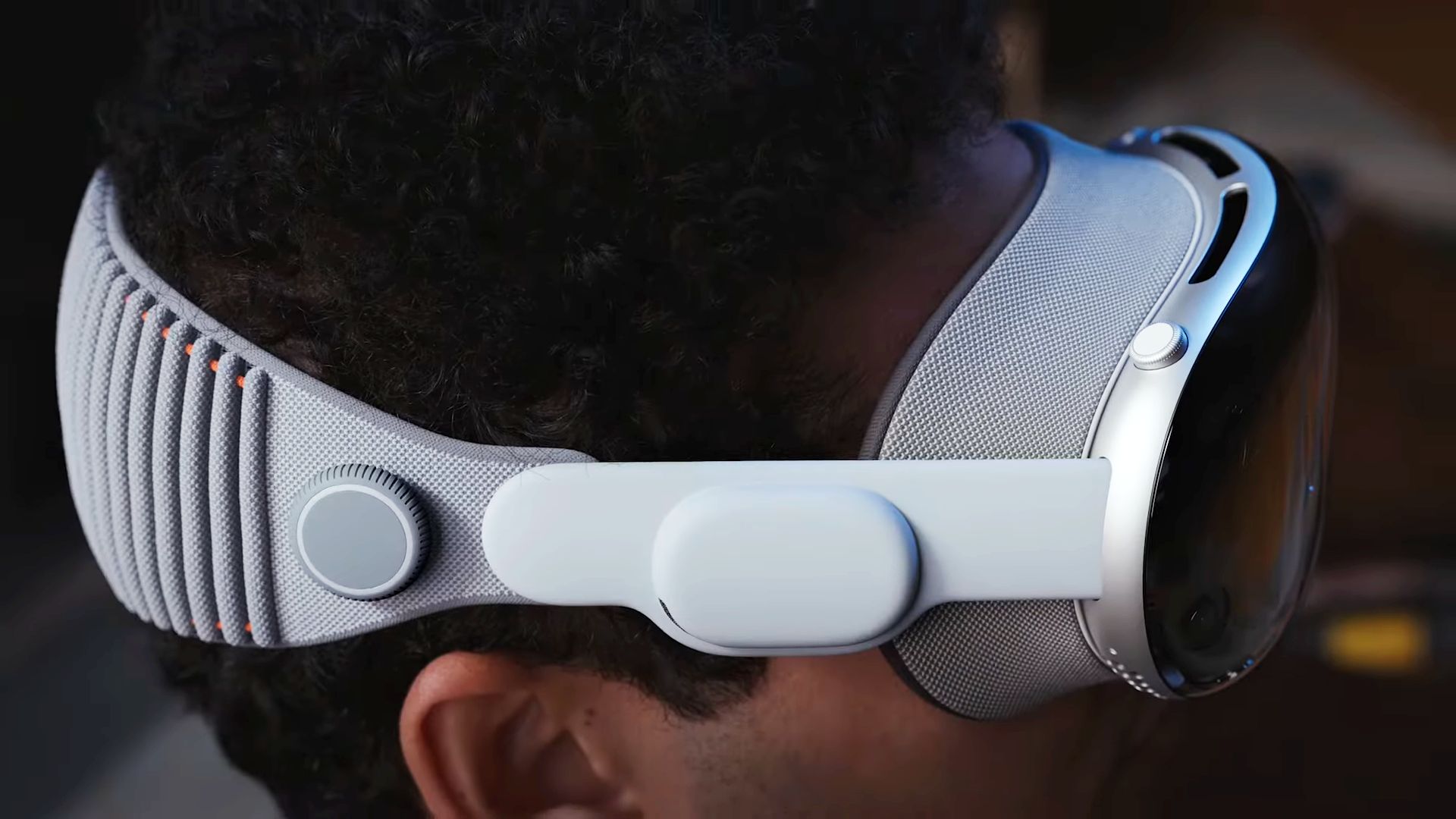Apple Vision Pro tipped for major 2025 breakthrough — but not the one it needs
More power to ya'

Apple's Vision Pro is the luxury car of mixed reality headsets — a lone Bugatti in a showroom filled mostly with affordable motors designed to put more users in the driving seat for the spatial computing experience.
It's the mixed reality headset that Apple CEO Tim Cook said leaves people feeling emotional, causing some users to tear up from the experience. Though how could you not? Said experience does come with an eye-watering $3,499 price tag.
While the Vision Pro hasn't exactly set the world on fire as Apple may have hoped, there's still a bright future ahead for the headset.
On Sunday, popular Apple analyst Ming-Chi Kuo suggested in a post on X that an upgraded Vision Pro headset will be released in 2025 — offering more powerful and efficient performance thanks to the Cupertino company's future M5 silicon chip.
However, is the breakthrough the Vision Pro needs to gain more mainstream appeal really to be found in a new processor, or at a more affordable price?
M5 Vision Pro: Supercharged or superfluous?
If Kuo's claim is true, then the upgraded Vision Pro will soon offer a multi-generational hardware leap that skips both the M3 and M4 chipsets, directly adopting Apple's next-generation M5 processor.
Considering we're still in the early stages of the M4 processor's release, it's hard to judge just what kind of performance improvements we can expect from the M5 chip. However, it will no doubt dominate when compared to the current M2-backed Vision Pro.
Sign up to receive The Snapshot, a free special dispatch from Laptop Mag, in your inbox.
That said, while a supercharged Vision Pro will be even more impressive to see, the headset's M5 upgrade may be nothing more than superfluous show muscle that avoids tackling the Vision Pro's biggest weakness: its price.
"Affordable" according to Apple
The Vision Pro's primary competition, the Meta Quest 3/Quest 3S, doesn't even come close to the expected potential of the M5 chipset. But that won't stop it from falling into the hands of more users thanks to an affordable $299 price point.
According to Kuo, while rumors of a cheaper Vision Pro have been circulating for some time, the headset has been delayed "beyond 2027" — well beyond the rumored 2026 release of the Meta Quest 4.
While Apple's efforts to bolster the performance potential of mixed reality headsets are admirable, its inability to make them actually affordable for the average consumer is less so.
Even when this "more affordable" Vision Pro arrives, early reports from outlet The Information indicate that it will adopt a price tag of between $1,500 and $2,500.
At this point, the biggest breakthrough Apple's Vision Lab can achieve is not in implementing Apple's latest chipsets, but in understanding what the word "affordable" actually means.
A method to the mixed reality madness
While Apple seems unwilling to challenge Meta over affordable mixed reality headsets, there may be a method to the madness of leaving money on the table in this manner.
Laptop Mag has spoken to many experts about VR/AR, and if there's one clear thought that carries across the board it's that for mixed reality to be adopted by the masses, people have to see it to believe it — and that means making it affordable and accessible.
That's where Meta has Apple beat, and possibly by design. Why should Apple waste time and resources challenging Meta's Quest headsets, when it can continue to position the Vision Pro as "the next step" in mixed reality due to its higher specs and premium features?
Still, there's no guarantee that users won't be satisfied enough with Meta's offerings to cause them to consider paying a higher price to access Apple's high-end headset.
Apple may have made the wrong decision on which headset to chase this time around. After all, being the best doesn't secure success — just ask Betamax.
More from Laptop Mag
- Meta Quest 3S review: I'm shocked that affordable mixed reality looks this good
- What will the future of Meta Quest headsets look like?
- Apple may stop making Vision Pro headsets — but something better is on the way

Rael Hornby, potentially influenced by far too many LucasArts titles at an early age, once thought he’d grow up to be a mighty pirate. However, after several interventions with close friends and family members, you’re now much more likely to see his name attached to the bylines of tech articles. While not maintaining a double life as an aspiring writer by day and indie game dev by night, you’ll find him sat in a corner somewhere muttering to himself about microtransactions or hunting down promising indie games on Twitter.
